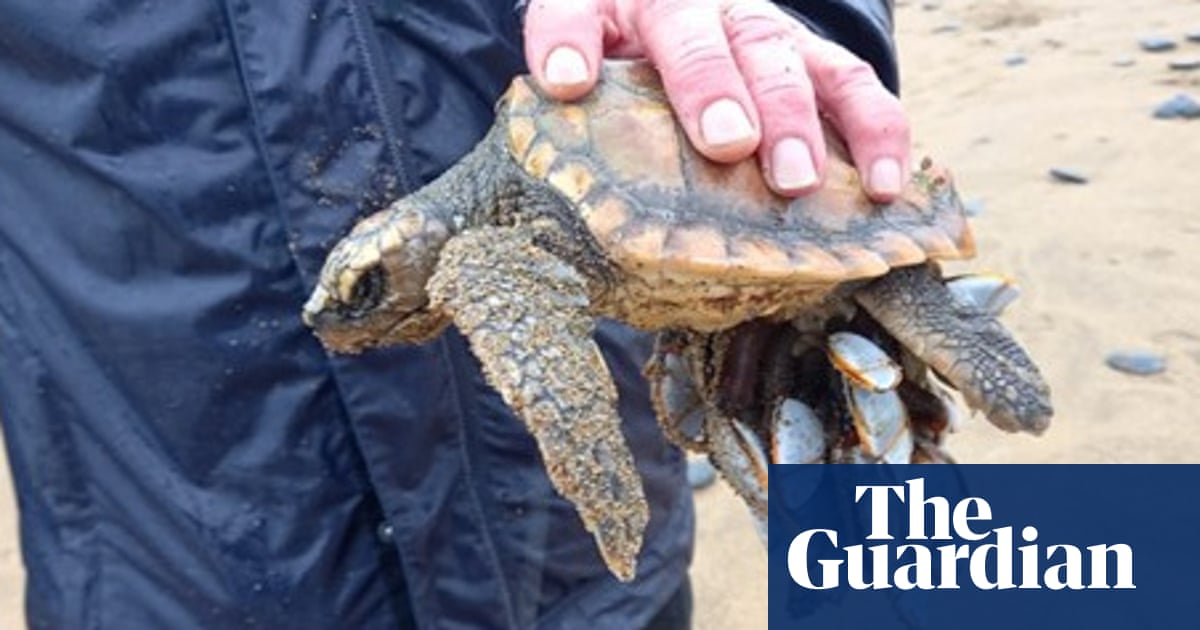
Sea lions are stranding themselves on a long stretch of the California coast in what experts say could be a sign of widespread poisoning by a harmful algae bloom this summer.
The Channel Islands Marine & Wildlife Institute said that since 26 July, it has been inundated by daily reports of sick sea lions along the shoreline in Santa Barbara and Ventura counties.
The marine mammals are suffering from domoic acid, a neurotoxin that affects the brain and heart, the institute said in a statement. The poisoning event is largely affecting adult female California sea lions, it said.
The nonprofit said it had rescued 23 animals so far. Coastal Vandenberg Space Force Base released photos of sea lions being rescued from one of its beaches this week.
Outbreaks of domoic acid poisoning are common along the California coast and have caused several mass sickening events in recent years. The neurotoxin is produced by a microscopic algae that works its way up the food chain by accumulating in smaller marine animals, such as crustaceans, fish and squid, and then gets transferred to larger animals such as sea lions, dolphins and birds. People can also get sickened.
The symptoms for affected animals can include disorientation, head weaving, foaming at the mouth and seizures.
Last year saw an especially severe outbreak, with hundreds sea lions and dozens of dolphins dying in the first weeks of June. At the time, marine mammal rescue workers reported receiving hundreds of calls a day about sickened animals.
While such events are naturally occurring, scientists have said that domoic acid outbreaks seems to increasing in their severity, and are exploring the links to warming ocean temperatures.
“I’ve been studying domoic acid for 30 years and I have a feeling it’s getting worse based on the records we continue to break,” the executive director of the Southern California Coastal Ocean Observing System, Clarissa Anderson, told the Guardian in an interview last year.
“Last year had the highest recorded levels of domoic acid in animal tissue we’ve ever seen.”











